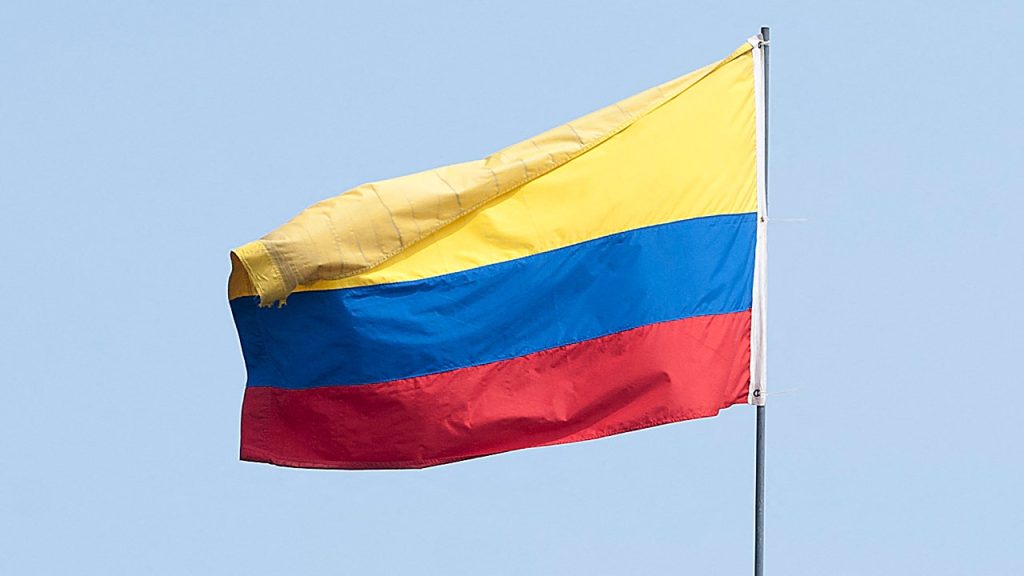Colombia recently experienced a series of attacks by a mafia group that originated from the former FARC rebels. The attacks took place in the war-torn southwest region of the country, involving explosives and firearms, and resulted in a soldier being wounded. The assaults were seen as the group’s first major offensive since announcing an escalation of operations earlier in the week. The ceasefire between the FARC dissidents and the government was suspended after the dissidents violated the truce by attacking a rural Indigenous community in the same region where the recent attacks occurred.
The injured soldier was stationed at a military headquarters in Tumaco, a city known for its armed groups, when he was wounded by shrapnel from a grenade thrown by an individual on a motorcycle. Another explosive device was thrown in front of a military facility in Cali, but caused no injuries. Major General Erik Rodriguez Aparicio stated that the attacks were carried out by FARC dissidents, who have been reacting to the military’s forceful operations in the regions of Valle del Cauca, Nariño, and Cauca against two factions of FARC dissidents known as Segunda Marquetalia and Estado Mayor Central. A third attack occurred in a rural area of Jamundí, where armed fighters fired at a police station from the mountains.
The FARC dissidents emerged after the breakdown of the 2016 peace accords between guerrillas and the government, leading many former rebels to return to armed conflict against the government. This has contributed to a rise in violence in Colombia as various narco-trafficking militias engage in territorial disputes. President Gustavo Petro, a leftist and ex-guerrilla leader, came to power promising to bring “total peace” to a country plagued by violence. He has sought to address the root causes of violence, such as poverty, and negotiate peace agreements with armed groups, but violence has continued to persist and some militias have taken advantage of ceasefires to expand their operations.
The recent attacks represent a significant challenge for Petro’s administration as he strives to address the ongoing violence in the country. The attacks signal a setback for his efforts to implement peace and security measures. The escalating violence poses a threat to the stability of the region and increases tensions between the government and armed groups. The government’s response to the attacks will be crucial in determining the future trajectory of the peace process and the security situation in Colombia.
The government has vowed to continue its operations against armed groups and maintain security in the affected regions. Efforts to quell the violence and address the root causes of conflict are ongoing as authorities work to restore peace and stability. The attacks serve as a reminder of the challenges faced by Colombia in navigating its history of violence and finding lasting solutions to achieve peace. The international community will be closely monitoring the situation and offering support to help Colombia address its security concerns and work towards a peaceful resolution of the conflict.


